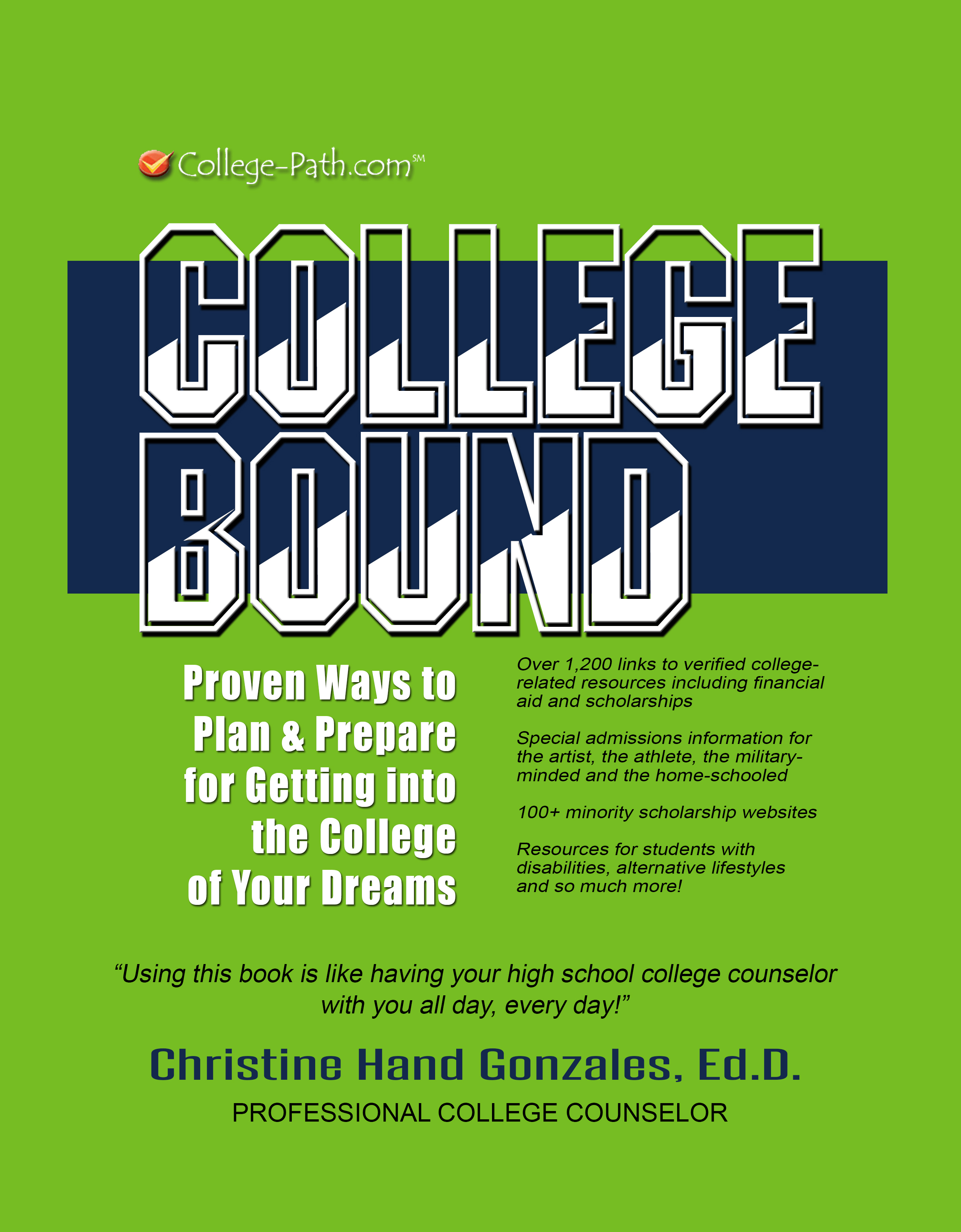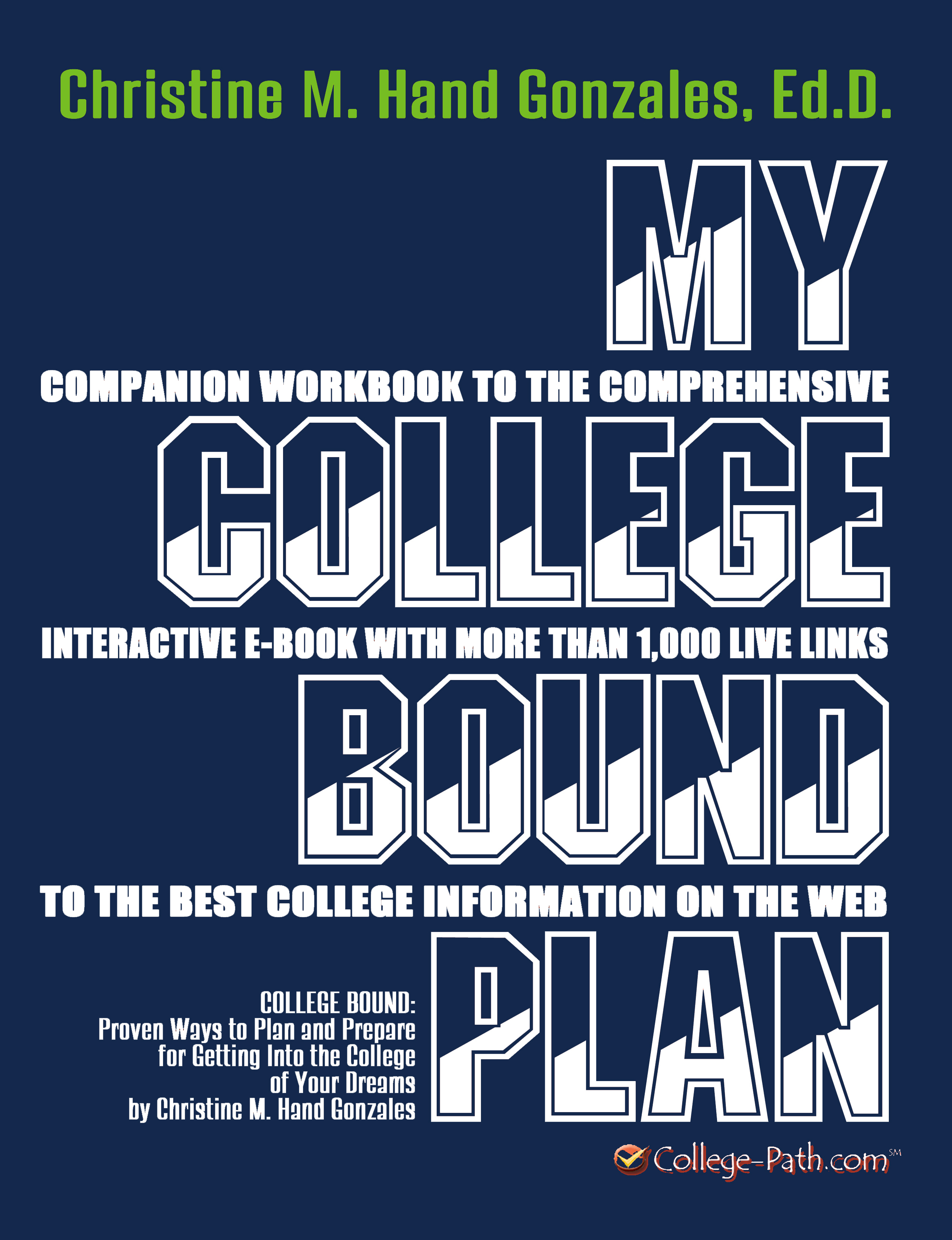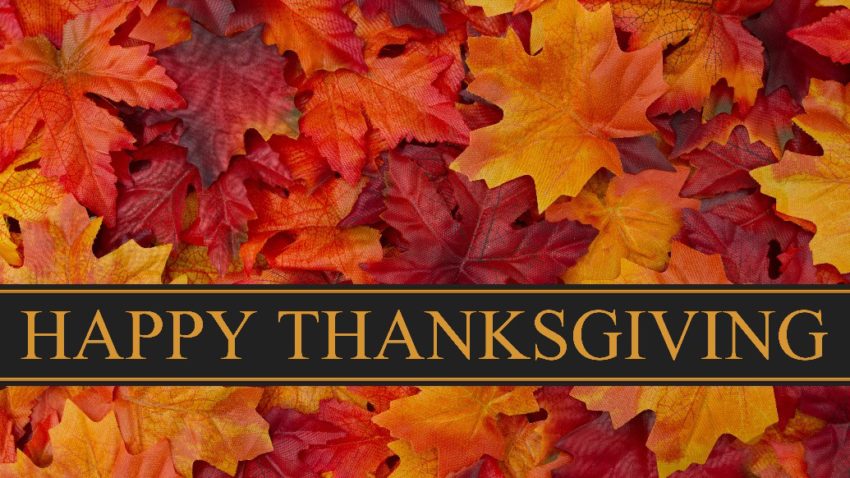 Seniors, you are counting down the days until the end of the school year. You wait in anticipation of packing up the car and heading down the road to your new life at college. Everything seems to be the last – the last dance, the last pep rally, the last set of finals, and lastly, saying goodbye to friends and family.
Seniors, you are counting down the days until the end of the school year. You wait in anticipation of packing up the car and heading down the road to your new life at college. Everything seems to be the last – the last dance, the last pep rally, the last set of finals, and lastly, saying goodbye to friends and family.
This summer you will be busy packing, texting your new roommate to coordinate what to bring, registering for classes, and spending time with close friends. Meanwhile, your parents are starting to feel neglected. This time is bittersweet for them. Though they are happy to see you pursuing your dreams, they can’t imagine their home without you.
Knowing the bird has to leave the nest, there are a few things you and your parents can do to help each other during this time of transition. Let one another know you love each other and they will be missed, your relationship has been meaningful, and the transition to the next stage of life with be weathered. You are only a phone call or text message away. Read more guidelines to making the most of your time together.












